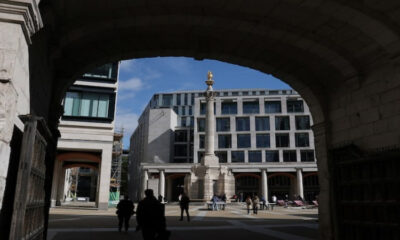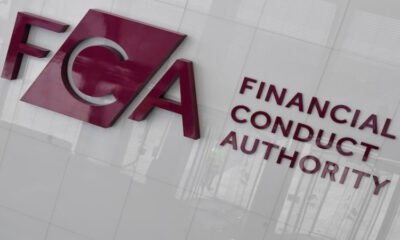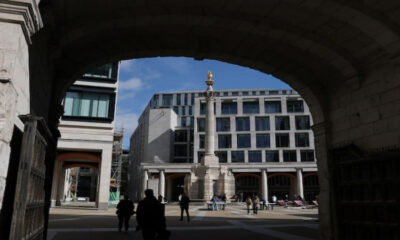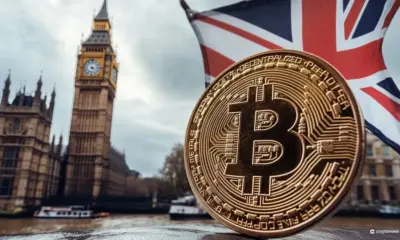Business
London traders swap spreadsheets for meme boards to track markets
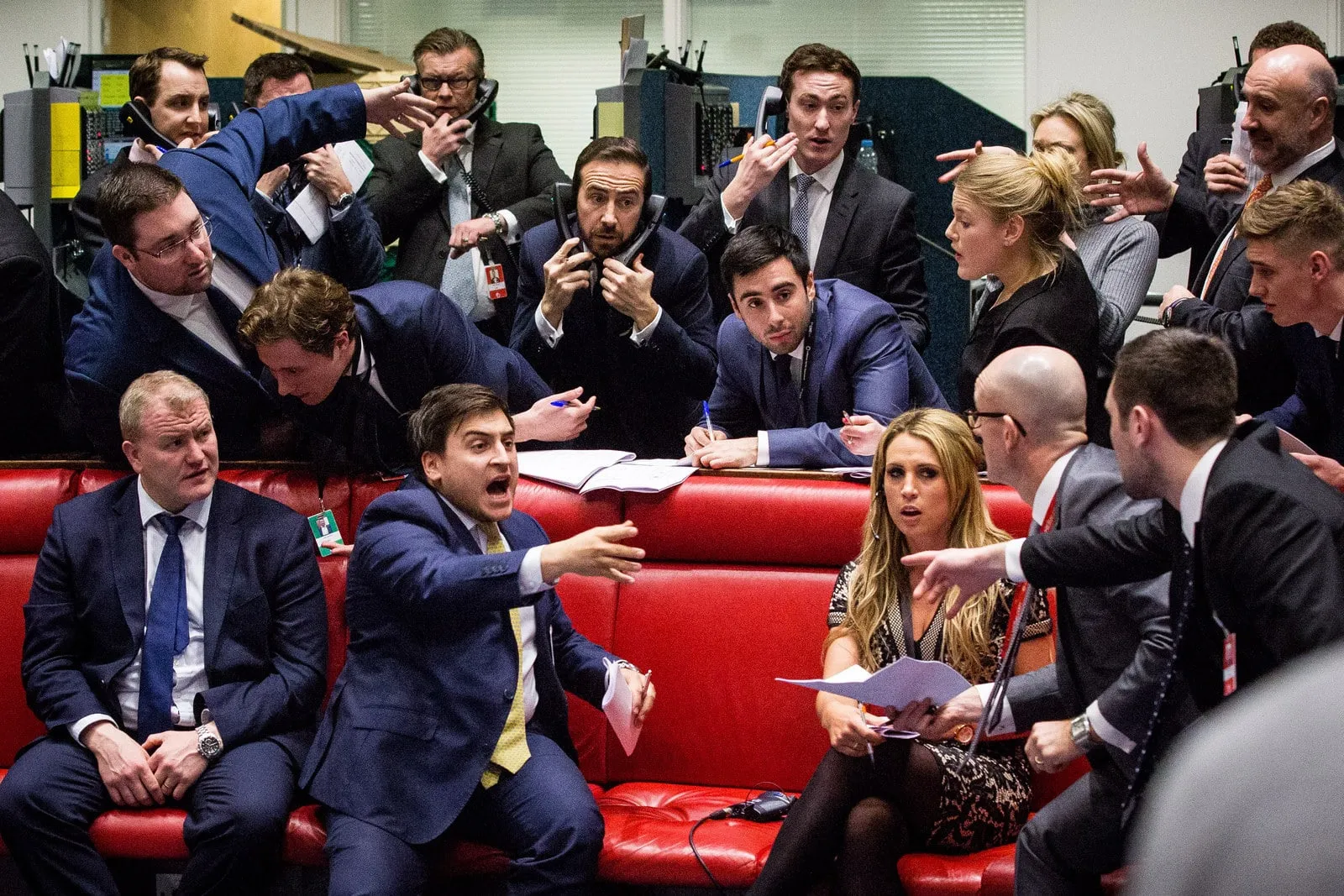
Introduction
The trading floors of London are changing, and not in the way economists imagined. In what some call the great cultural shift of finance, traders are reportedly abandoning spreadsheets and Bloomberg terminals in favor of meme boards and Discord channels filled with GIFs, emojis, and sarcastic market predictions. What once required graphs and risk models now appears to hinge on the power of a well timed meme.
From data sheets to meme sheets
Traditional spreadsheets filled with price charts and pivot tables are being quietly sidelined as meme boards take center stage. Screens that once displayed foreign exchange rates now showcase Pepe the Frog explaining interest rate hikes or Wojak figures panicking about bond yields. Traders admit that the memes act as shorthand for market sentiment, condensing complex data into bite sized jokes that capture fear, greed, and irrational optimism all at once.
The cultural takeover
What began as a fringe habit among younger traders has now infiltrated major firms in the City of London. Morning briefings sometimes open with a meme of Big Ben sinking into a sea of red arrows. Slack groups overflow with joke predictions about gold prices or crypto swings. Managers who once demanded clean balance sheets are now forced to interpret whether a laughing SpongeBob GIF signals buy or sell. One insider admitted that he now checks meme boards before checking bond spreads.
Regulators baffled
The Financial Conduct Authority is reportedly monitoring the rise of meme based trading culture with confusion. While no rules explicitly ban memes from influencing financial decisions, regulators worry that the reliance on humor over data could amplify risks. Some legal experts suggest that memes are becoming a form of market signaling, raising questions about whether certain viral images could cross into manipulation. So far, the FCA has declined to comment on whether a GIF counts as insider trading.
Context and implications
The meme takeover highlights the merging of finance with internet culture. Younger traders raised on Reddit’s WallStreetBets and TikTok finance influencers see no contradiction between humor and analysis. In their view, markets are already irrational, and memes simply make the absurdity visible. By contrast, veteran bankers warn that the shift trivializes serious risks and may lead to reckless decision making.
Yet there is also evidence that meme culture reflects real sentiment. A surge in bearish memes often aligns with sell offs, while bullish GIFs cluster around rallies. Some firms are even experimenting with natural language processing tools to measure meme tone as a market indicator, treating online jokes as seriously as earnings reports. In this sense, meme boards may be less a distraction than an early warning system for volatility.
Conclusion
The rise of meme boards on London trading floors marks a bizarre but telling evolution of finance. Spreadsheets and models have not disappeared entirely, but they now compete with the raw emotional shorthand of internet culture. Whether this is a passing fad or the new language of markets will depend on how well traders balance humor with reality. For now, London’s traders are living proof that in an age of uncertainty, sometimes the meme says more than the chart.



